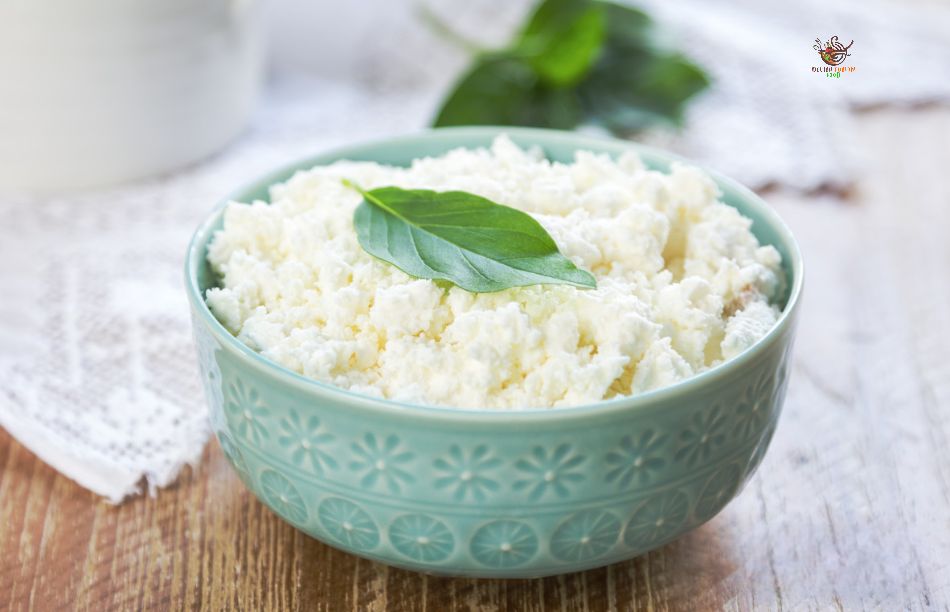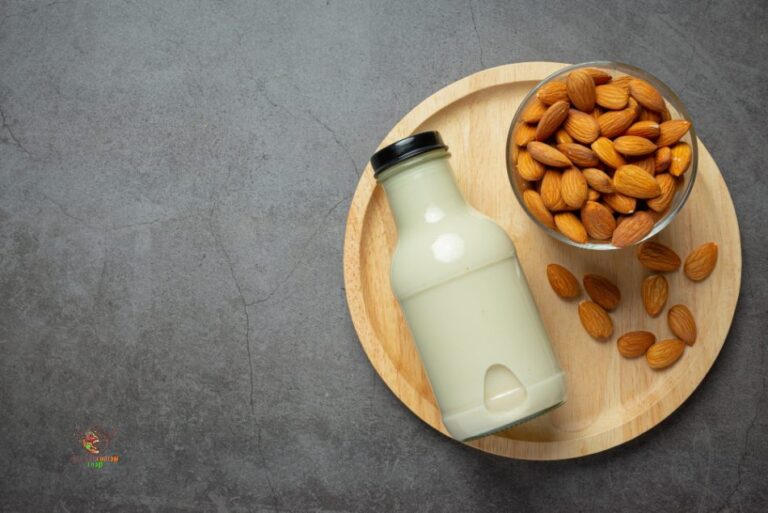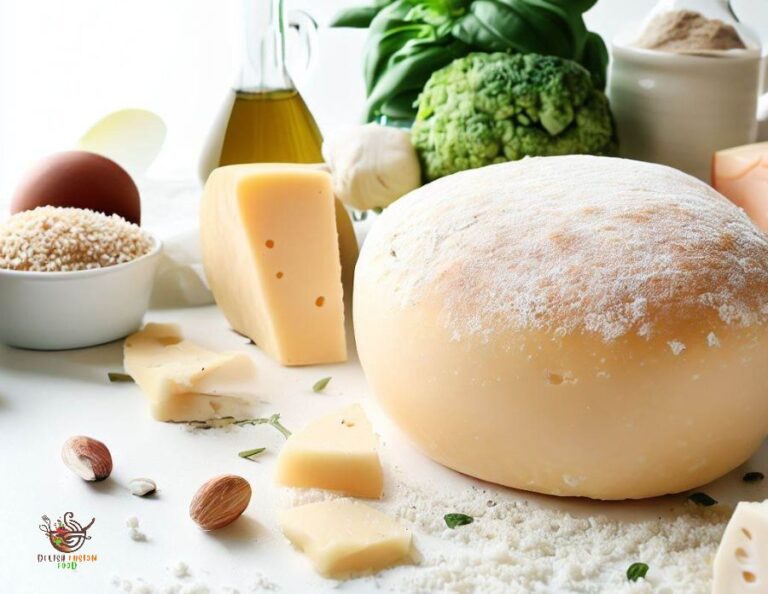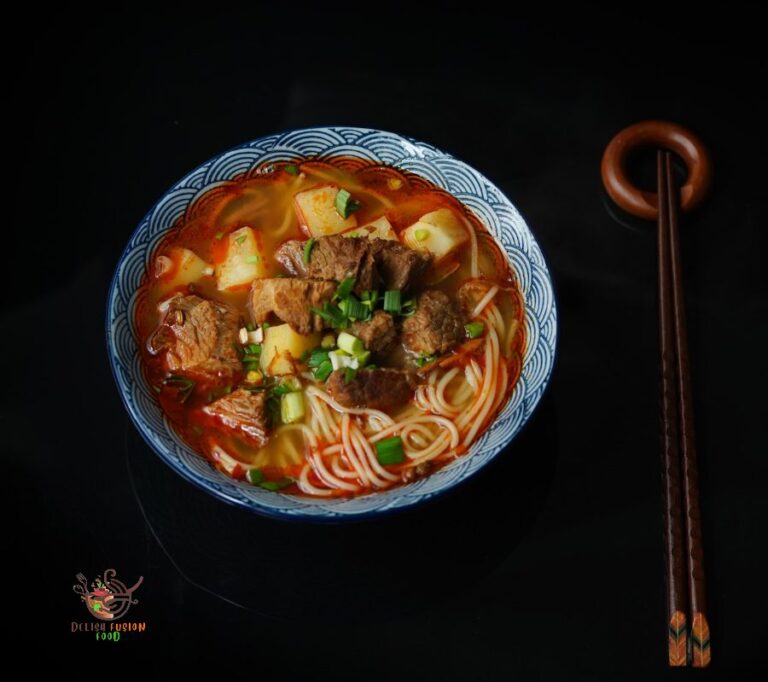Freeze Ricotta Cheese: A Simple Handy How-To
Fresh ricotta adds a wonderfully smooth and creamy texture to various recipes that require fresh cheese. If you have leftovers after using a small portion to enhance a dish, freezing ricotta cheese is a practical choice. Although freezing may restrict its versatility in comparison to fresh ricotta, there are still plenty of dishes you can prepare using frozen ricotta.
What is Ricotta Cheese?
Before we talk about freezing ricotta cheese, let’s understand what it is. Ricotta is a member of the cottage cheese family, distinguished by its smoother texture compared to cottage cheese. It boasts a creamy curd, a crumbly consistency, and a mild flavor. Usually, Ricotta is made from cow’s milk, but you can also find versions made from sheep’s milk.
While many associate ricotta with the gooey, light, and creamy cheese featured in numerous Italian dishes, it has various forms. Some variations exhibit a smooth texture and creamy consistency, while others have a firm quality, making them easy to slice.
Making Ricotta Cheese
Ricotta cheese is created by heating the leftover whey from making other cheeses. The whey is heated to around 195°F (90°C), causing the proteins to solidify and separate from the liquid. This mixture is then strained through a cheesecloth or fine mesh sieve, capturing the curds and leaving behind the liquid whey.
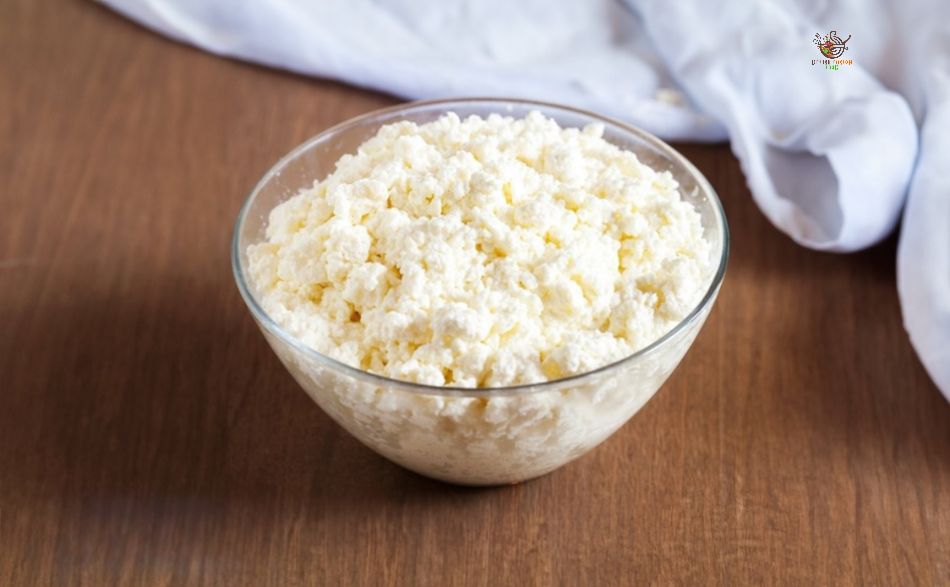
After collecting the curds, they are placed into molds and left to drain for several hours to remove any extra liquid. The resulting cheese is soft, moist, and creamy, featuring a slightly sweet flavor.
In some variations of ricotta cheese, whole milk or a mix of whole milk and whey is used, resulting in a richer and creamier cheese. These methods often involve adding an acid, like vinegar or lemon juice, to the milk or whey to assist the proteins in coagulating and forming curds.
Different Types of Ricotta Cheese
Ricotta comes in various forms, categorized into soft and firmer varieties. Here are four types:
Fresh Ricotta
Incredibly creamy, often scoopable with a spoon. Many people prefer freezing this type for later use.
Basket Ricotta
Features soft, pillowy curds scooped into a basket to drain, resulting in a small dome-like shape.
Ricotta Salata (Salted Ricotta)
Made from salted sheep’s milk, pressed, and aged for three months. Commonly used for snacking or grating over salads.
Smoked Ricotta
A less common variety, this semi-firm ricotta undergoes cold-smoking to impart a smoky flavor to the cheese.
Can You Freeze Ricotta Cheese?
While ricotta is not an ideal cheese for freezing due to its high moisture content, it is still possible. Keep in mind that previously frozen ricotta is best suited for certain recipes.
Because of its moisture content, freezing ricotta causes the water to turn into ice, altering the texture. The ice divides the curds and whey, resulting in a drier and crumbly texture.
To minimize this texture difference in your dishes, it’s recommended to use previously frozen ricotta in cooked recipes. If your recipe is uncooked or specifically requires fresh ricotta, it’s advisable to avoid using previously frozen ricotta. However, in dishes like Spinach-Ricotta Quiche or Baked Ziti with Sausage, previously frozen ricotta can still be a viable option.
How Long Can Ricotta Cheese Last in the Refrigerator?
Unopened ricotta lasts a few weeks past the “best used by” date, but it’s best to use it by the date on the package. Once opened, consume within 5 to 7 days for freshness.
Freezing
- You can freeze slices of basket ricotta or ricotta salata for a maximum of 3 months.
- Fresh ricotta, not ideal for freezing, can be stored for 1 to 3 months. Note: Texture may change.
Important Tips
Fresh ricotta may get watery or grainy when defrosted due to its high water content during freezing and thawing.
How to Freeze Ricotta Cheese?
Whether dealing with unopened store-bought ricotta or leftovers, freezing is possible. Here’s a step-by-step guide for freezing leftover ricotta:
- Stir the ricotta with a spoon to ensure even freezing.
- Take the cheese out of the container and press it down with a layer of paper towels to remove excess moisture.
- Wrap the ricotta in plastic wrap, either as a whole or in individual portions. Using an ice cube tray for portions makes thawing more convenient.
- Transfer the wrapped ricotta to a freezer-safe bag or an airtight container. When using a bag, be sure to remove as much air as possible before sealing.
- Label the container with the freezing date and store it in the freezer for up to two months.
Following these steps helps preserve the quality of the ricotta when thawed for later use.
How to Thaw Ricotta Cheese?
If you have frozen ricotta and need to thaw it, here are your options:
Thawing in the Refrigerator
The most straightforward method for thawing ricotta cheese is to place it in the refrigerator overnight, either directly or in a bowl of cold or lukewarm water. The water accelerates the defrosting process.
Typically, it takes between 6 to 8 hours to thaw ricotta using this method, with the exact duration depending on the quantity. Consequently, it’s advisable to initiate the process the evening before you plan to use the ricotta.
Counter Thawing Shortcut
If you realize you need thawed ricotta for breakfast in a couple of hours, there’s still hope. Instead of opting for the fridge, place the bowl on the counter. Change the water when it gets ice-cold or every hour. While not a safe or recommended method, sometimes a quick thaw is necessary. Thawing on the counter takes at least 2 to 3 hours. If you need it even sooner, use the cheese immediately in a cooked or baked dish to reduce bacterial risks. But remember, it’s much safer to thaw ricotta in the fridge; use the counter method only in emergencies.
How to Use Thawed Ricotta?
For the most part, thawed ricotta is well-suited for various cooked dishes. Here are some ideas to consider:
Pasta Dishes
Incorporate ricotta into pasta dishes like lasagna, ravioli, or mac and cheese.
Savory Dishes
Use thawed ricotta in dishes such as pizza or calzone.
Cakes and Baked Goods
Add ricotta to cakes and baked goods, with popular options being cheesecakes and cheese-filled cookies.
Pancakes
Surprisingly, ricotta can enhance the flavor and texture of pancakes.
Feel free to get creative and experiment with thawed ricotta in various recipes to discover new and delicious combinations.
Using Frozen and Thawed Ricotta – How to Use – Tips and Tricks
Stick to Familiar Recipes
-
- While ricotta cheese freezes well, stick to recipes you already know.
- Trying a new recipe for the first time can lead to unexpected challenges, and using thawed ricotta may add to the complexity.
Pay Attention to Texture
-
- Although the texture change in ricotta is not as pronounced as in frozen buttermilk, it is still noticeable.
- In certain dishes, like pancakes, this slight alteration is crucial. Whether you choose to stir in the leftover liquid or strain it depends on the recipe’s requirements.
- Adjust the texture, if needed, by adding more solid ingredients (e.g., flour) or liquids (e.g., milk).
Understanding the nuances of the recipe will help you identify and address any deviations caused by using thawed ricotta.
Common Questions About Ricotta Cheese
What is the shelf life of fresh ricotta?
Fresh ricotta usually lasts about a week after opening. Check for signs of spoilage, like color, odor, or taste change.
Is it possible to freeze meals containing ricotta?
Yes, you can freeze ricotta-based meals, including baked dishes like pasta or casseroles, and even desserts like cannoli.
Can ricotta be frozen for over 3 months?
Yes, freezing it longer might lead to frost and altered taste.
What is the maximum duration for freezing ricotta cheese?
Up to two months, if stored properly.
Can smooth ricotta in a plastic tub be frozen?
Yes, use a heavy-duty zip-lock bag before freezing, as the tub is not freeze-proof.
Is it possible to freeze homemade ricotta cheese?
Yes, freeze it like fresh ricotta in a freezer-safe container or ice cube trays for up to 2 months.
Is it okay to refreeze ricotta?
Not recommended. Ricotta changes texture significantly when frozen, and refreezing poses a risk of bacteria growth, making it not worth the risk.
Freezing ricotta cheese is a convenient method to prolong its shelf life and minimize food waste. Ensure the cheese retains its quality and flavor by following the provided tips.

